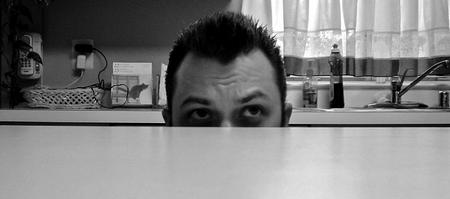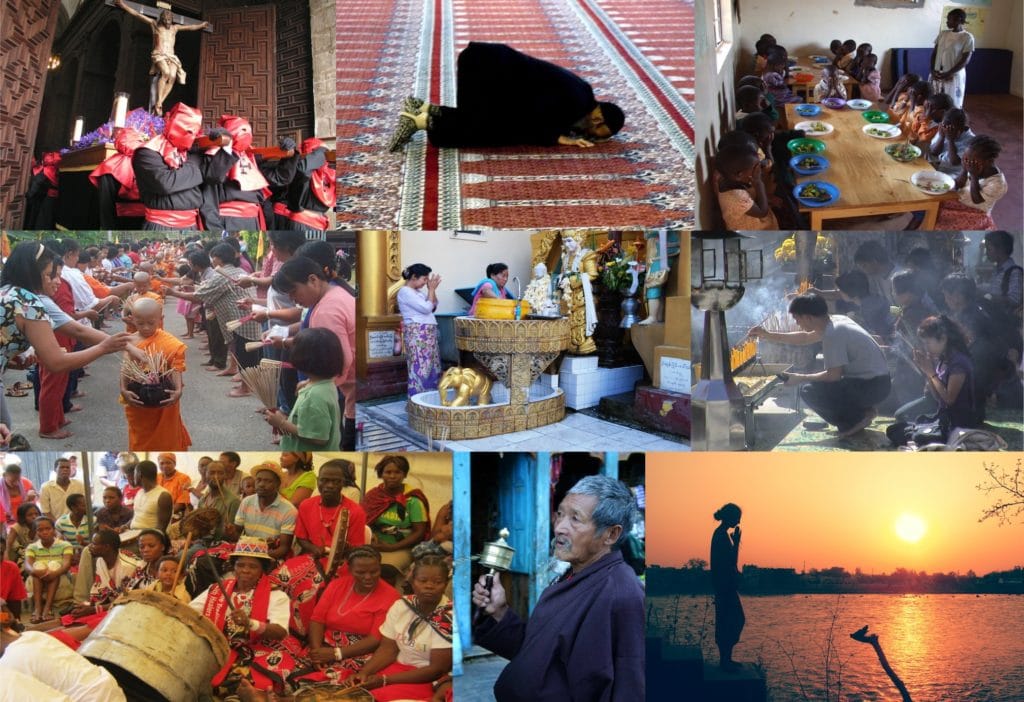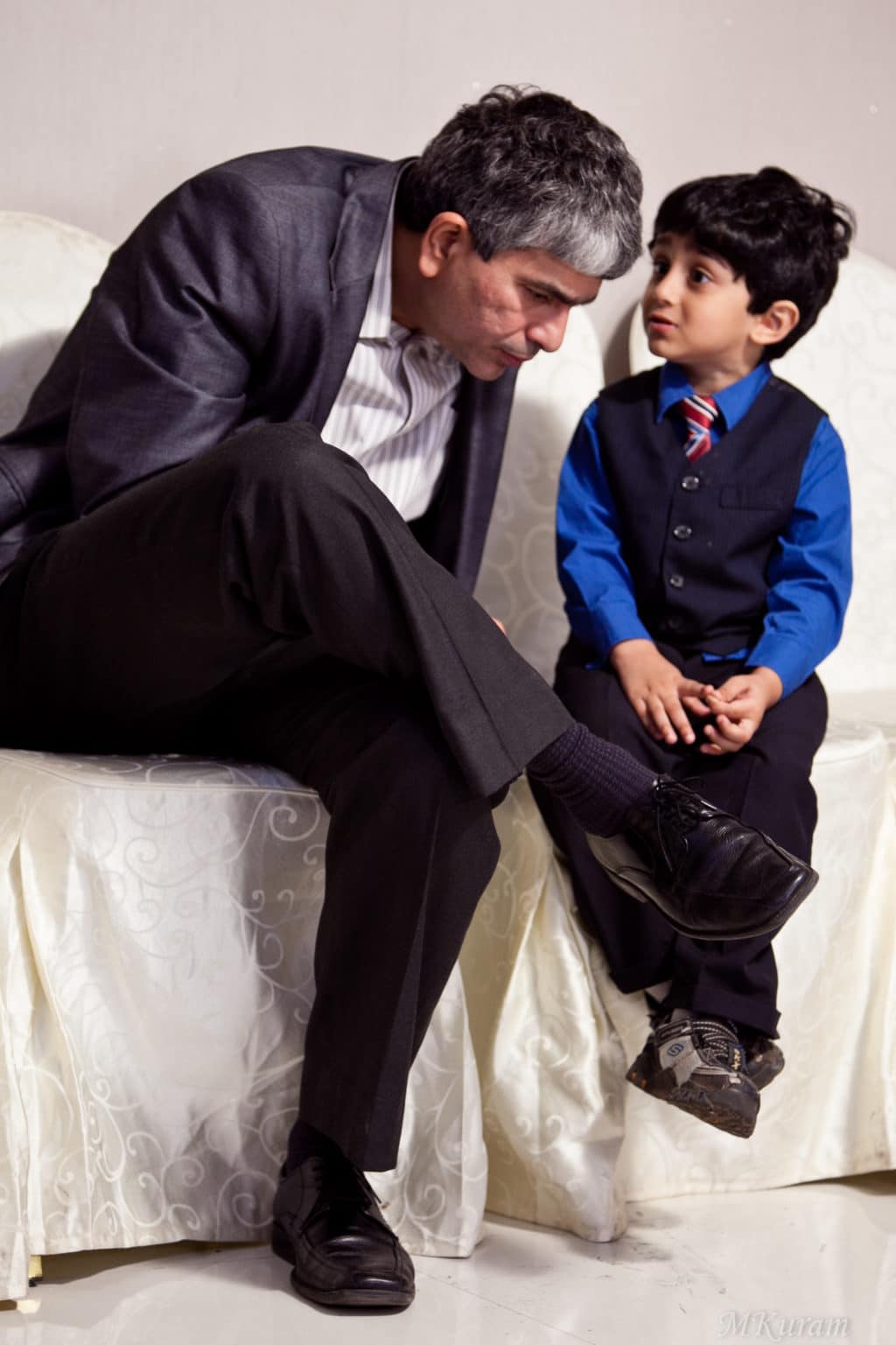
Spiritual/Psychological Counseling? Christian Counseling? Buddhist Counseling? What is the best way to go with psychotherapy?
How spiritual meets with psychological in psychotherapy is very important. One may or may not support the other as they are each brought into individual counseling, couples or marriage counseling, and family counseling. Much of this integration depends on the understanding of the psychotherapist.
Christian counseling, Jewish counseling, Buddhist counseling or any Spiritual attitude in conjunction with psychotherapy needs to be addressed as part of the process. Atheist psychotherapy works too as long as it is included and not judged.
Spiritual ideas or practices need to be talked about or they could cause an unconscious tug of war or resentment.
For example, let’s say a couple goes to Christian marriage counseling because one of the partners feels safer. They choose someone who is known to be a Christian psychologist. However, the other partner is not as interested in Christianity and rarely goes to church services. But he/she does want to work on their marriage. If this therapist has a bias toward Christian beliefs and practices it could color the therapy. The lesser Christian partner may feel excluded or in the wrong, as if they need to adapt to Christian points of view to have a good marriage.
A Place of Growth or a Place of Hiding 
When it comes to psychotherapy all the various aspects of our life offer an opportunity for growth or a place to hide; such as, work, parenting, money, sex, creativity and religion.
We need to “just look” at what we are doing with these areas and be as open and honest as possible. As human beings we can get crazy about anything, religion, yoga, meditation retreats, sex or spiritual sex yoga. Anything.
For example, in the previous case one partner is spending too much time at church and donating more money than the other agrees to. However, the other wants to have more sex and is feeling resentful about the time and money. The answers to these problems lie underneath the “tug of war”. An experienced therapist knows how to handle these sort of problems.
Relationship to the inner unknown 
As we grow up, we begin to take on and reject various religious beliefs. Also, we may have experiences that explain the mind and body’s connection to this inner life of random feelings and thoughts, dreams, and insights. The inner world has an ever changing and paradoxical quality that is difficult to grasp or let it go.
For example, we have thoughts, feelings, sensations and intuitions that are “out of nowhere” and sometimes very stressful. Therefore, we want something to help us understand these experiences, maybe even organize them for us and rap them up in a package.
Those packages help us hold anxiety. They help us organize the most vulnerable levels of feeling by providing simple explanations for life after death, life’s purpose, how to attain enlightenment, etc. That is one reason why people “try on” various religious, spiritual, and esoteric attitudes, to help make sense of these chaotic and perplexing experiences.
We may ascribe to various religious or spiritual points of view because some make more sense than others or they just feel better. “They might fit my personality better.”
Also, as we grow-up, we develop beliefs about our feelings, thoughts and actions through family and culture.
For example, “If I have certain thoughts, that means I am bad, good, superior, inferior, stupid or smart, etc.” They become beliefs or truths about ourselves and others until shown a different way.
As human beings we have to do something with these unknowns and chaotic twists and turns of life, even if we reject them. There is still something rejected that goes into the unconscious to create a smoldering resentment, a low grade depression or rigid anxiety.
Spiritual Counseling within Psychotherapy and Psychotherapy within Spiritual Counseling 
Spiritual doubts affect our emotional state at various times in our life. And, unresolved emotional struggles from the past affect our spiritual state and it’s progress.
For example, “I am really uncertain about all this religious stuff. I want to find a point of view or perspective about life and death that works for me.” Thus, sadness, longing and anxiety are a result of these doubts.
On the other side, I am fooling myself if I avoid negative feelings from my past, and think “I can do a spiritual work around” of those feelings by praying or meditating more.
For example, “If I pray more or meditate more I will not have to feel the effects of growing up in an alcoholic family.” Where as, the more I understand and feel the effects of being a child in an alcoholic family the more my spirit comes alive. Tragedies of any kind need attention.
“for where there is belief there is doubt, and the fiercer and naϊver the belief the more devastating the doubt once it begins to dawn.” C.G. Jung
“the bigger the doubt the bigger the enlightenment” Zen saying.
How to unite and differentiate spiritual perspectives with every day psychological struggles is a very import skill to learn.
We see this confusion most vividly played out in our intimate relationships and family.
For example, this spiritual/psychological confusion can be felt between emotionally intimate partners as a superficiality, “like living with a roommate” or feeling trapped. It can be felt in families as chaos, a felt distance and chronic arguing.
The spirit or “lightness” starts to go out of everyday relationships with those we love.
Clash between Ideas and Feelings 
We are looking at the clash and the partnership of ideas and feelings. We have to admit religion and spiritual practices have a lot of big ideas. So how do we make them useful in our relationships with others and our self.
The most vivid example of this is in grief, loss of a loved one, death of a marriage or death of a life dream. At this time there is a very human, animal at times, raw emotional response. One needs to go through the emotional stages of grieving for the pain to dissipate. To explain away the feelings and deep suffering with spiritual ideas make it worse. Just to be with a person in this place is enough, to listen and not shy away from being with their experience, what ever it is! This can be the most spiritual and psychological support offered.
This same principal can be applied to daily decisions and communication. Allow the other person to have their opinions(ideas) and feelings. In fact ask them more about their opinions and other feelings they may have. Give them this listening. Hearing them as an individual before thinking or telling them how “they should be” or “how they should feel”. People feel how they feel. Only through experiencing those feelings can they have new feelings, healthier feelings and better ways to look at life. Just like the previous example. When one is trying to get the other person to adapt to “my point of view” it turns into a religion. Where one person is more right or more holy.
When spiritual is not partnered with the individual experience and their history, it is an impediment rather than a support for human connection whether it be with a partner, child, one’s self, culture or the natural world.
Links:
find a therapist: good source for varied spiritual or none spiritual orientation
find a therapist: good source for varied spiritual or none spiritual orientation
